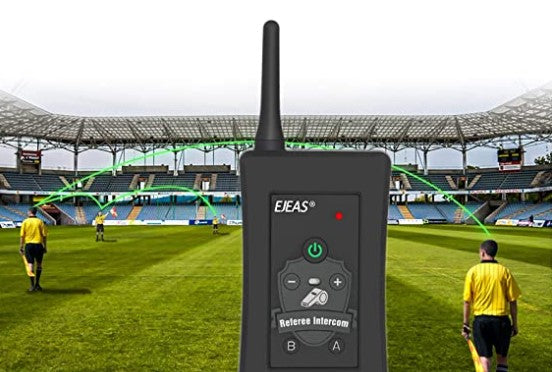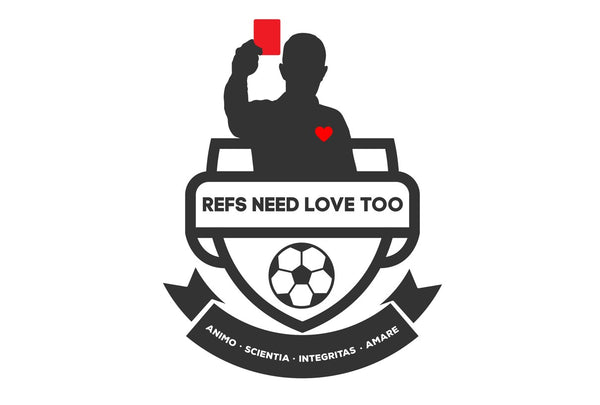
The joys of working with "comms"
Share
I had the pleasure of using "comms" or electronic communication devices for 3 matches in the past week. What a difference that makes! Being a referee can be a lonely job. With comms, it truly feels like your entire crew is connected throughout the match.
First off, allow me to openly state that US Youth Soccer guidance is against using comms at Grassroots matches. I can understand some of the reasons against them, but the pros outweigh the cons for experienced officials.
When you are using comms, you are connected to your crew in a way that hand signals simply can't replicate. Each member of the crew is involved in every play. Not necessarily speaking, but you can hear the decisions being made in real time by your partners.
I had the pleasure of working with 2 very very experienced center referees, and listening to the words they use for match control and engagement with the players throughout the match is extremely beneficial. This is not something taught in referee certification classes or in assessments. This is either learned through the school of hard knocks or by listening to the comms of an official doing it in real time.
By being able to communicate in real time, our calls where always aligned. We never crossed each other up and the center knew an Offside call was coming without having to take their eyes off the play.
The games also flew by. Sometimes a 40 minute half can feel like 2 hours. In the games with comms, those 40 minute halvess felt like 15 minutes. It was delightful.
Now for the cons. It definitely takes some getting use to. The ability to vocalize out loud in 3's (Blue, Blue, Blue or Off, Off, Off) is not natural. Additionally, it can be hard to focus on proper flag mechanics when your voice is already expressing what decision needs to be made. Its critical that we remember that our flags and arm mechanics is the main communication tool to Coaches, Spectators and Players. They aren't on comms with us. :->
The other major con is the cost. A basic system is at least $400. And the best systems can run well over $2,000. That is well beyond most grassroots officials budgets. Since they are rare at Grassroots, it can be hard for lower level refs to have enough repetitions with them to really be good at using them properly.
Personally, I think the pros outweigh the comms. They are wonderful for experienced crews (Just ask every professional ref around the world) and can be very beneficial to lower level refs looking to learn from more experienced referees.
